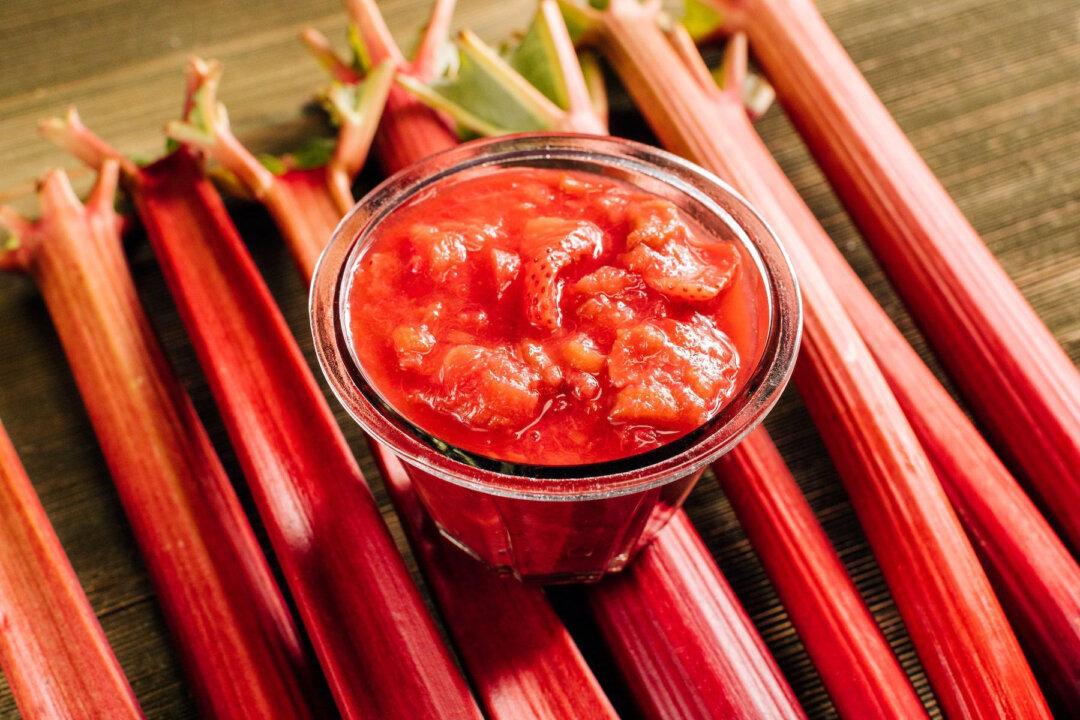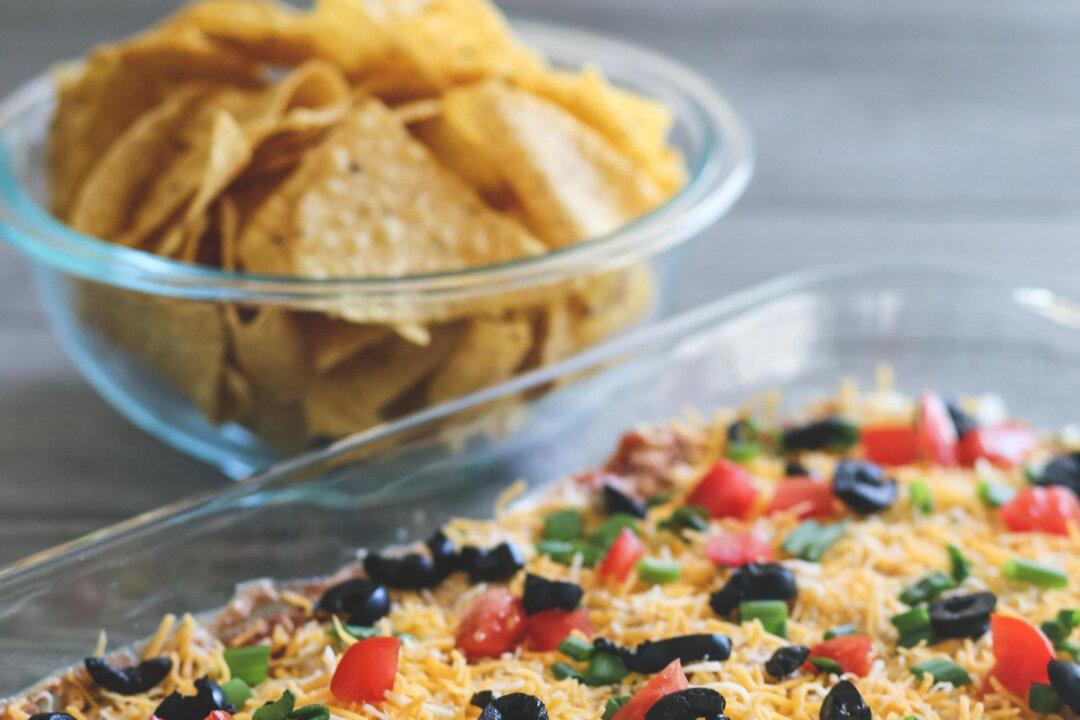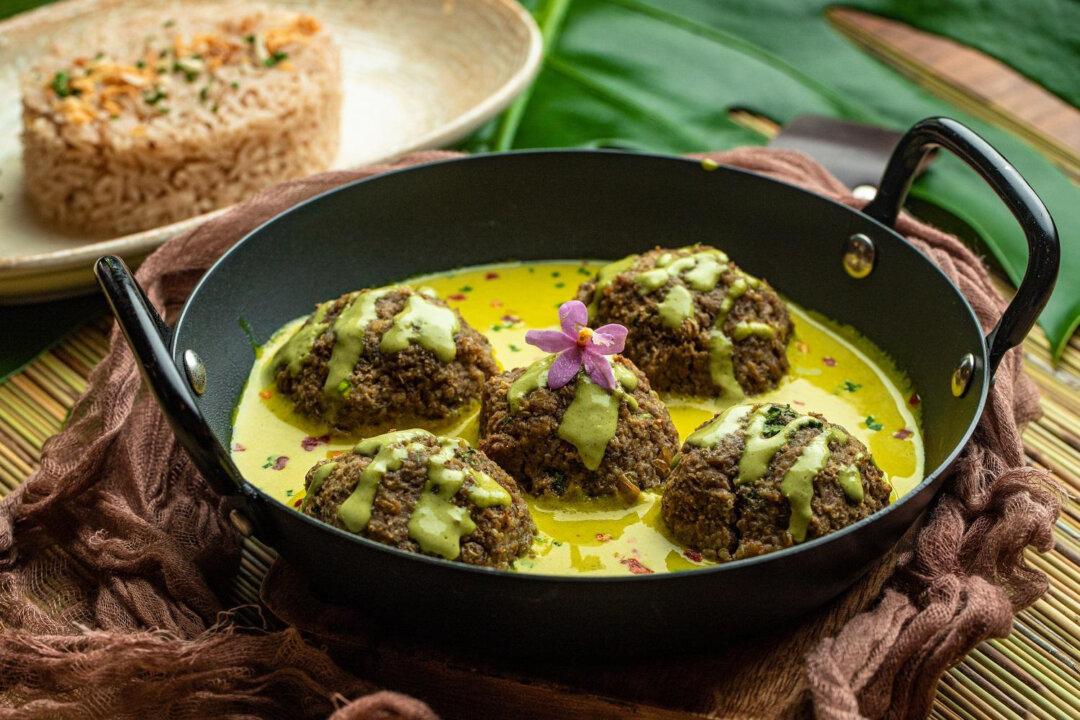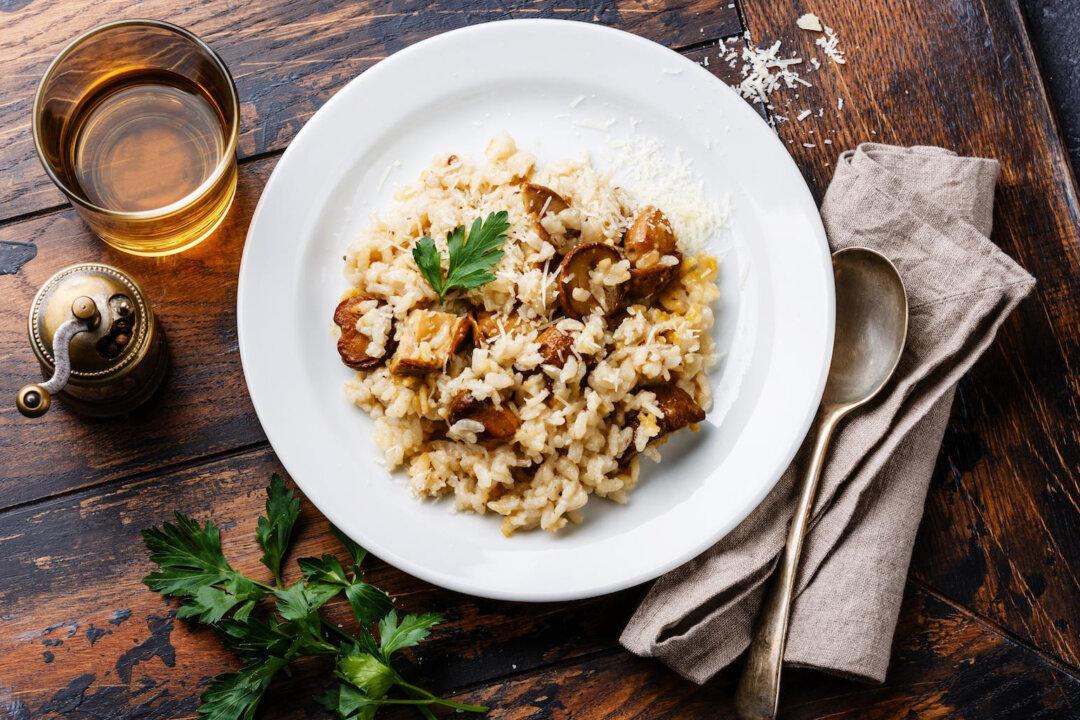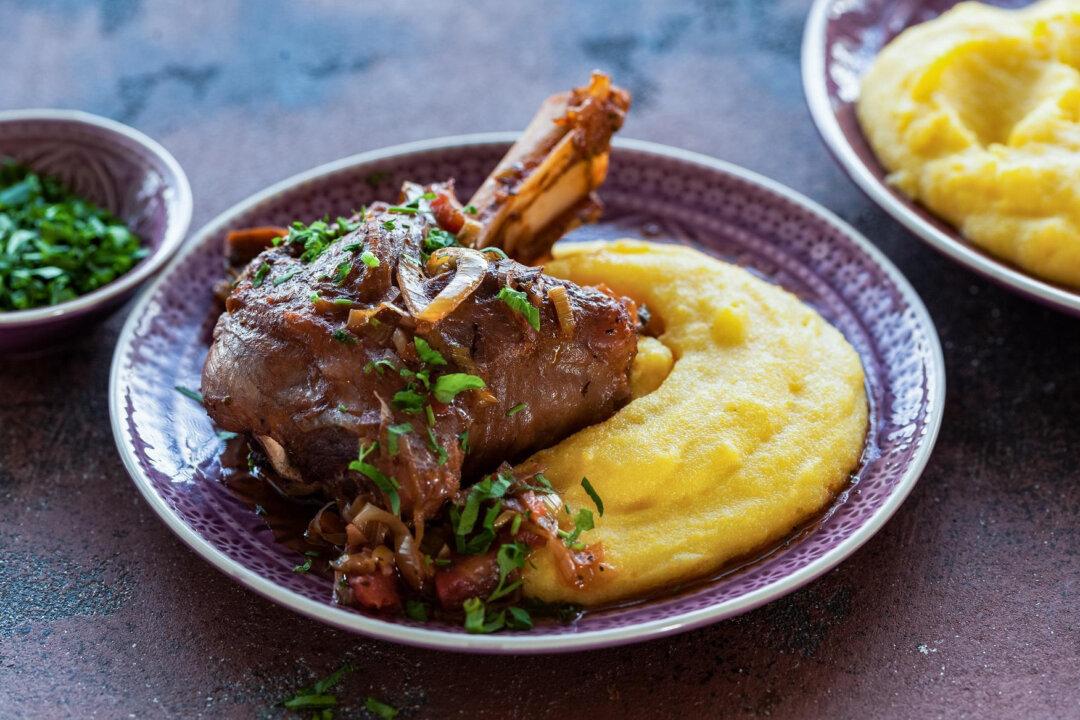Mention rhubarb and one thing springs to mind: dessert. Every year, rhubarb appears everywhere, from pies to jams to chutneys. But what is rhubarb?
What Is Rhubarb and How Does It Taste?
First of all, rhubarb is a vegetable. At first blush, rhubarb is seemingly one of the few vegetables that’s primarily used in sweeter preparations — they don’t call it “pieplant” for nothing. It hails from northern Asia, and its seemingly random relatives include buckwheat and sorrel. Rhubarb has a particularly tart taste, especially when eaten raw, which is why you'll most often see it cooked with sugar. The sweetness balances out the otherwise unpleasant tart flavor.

